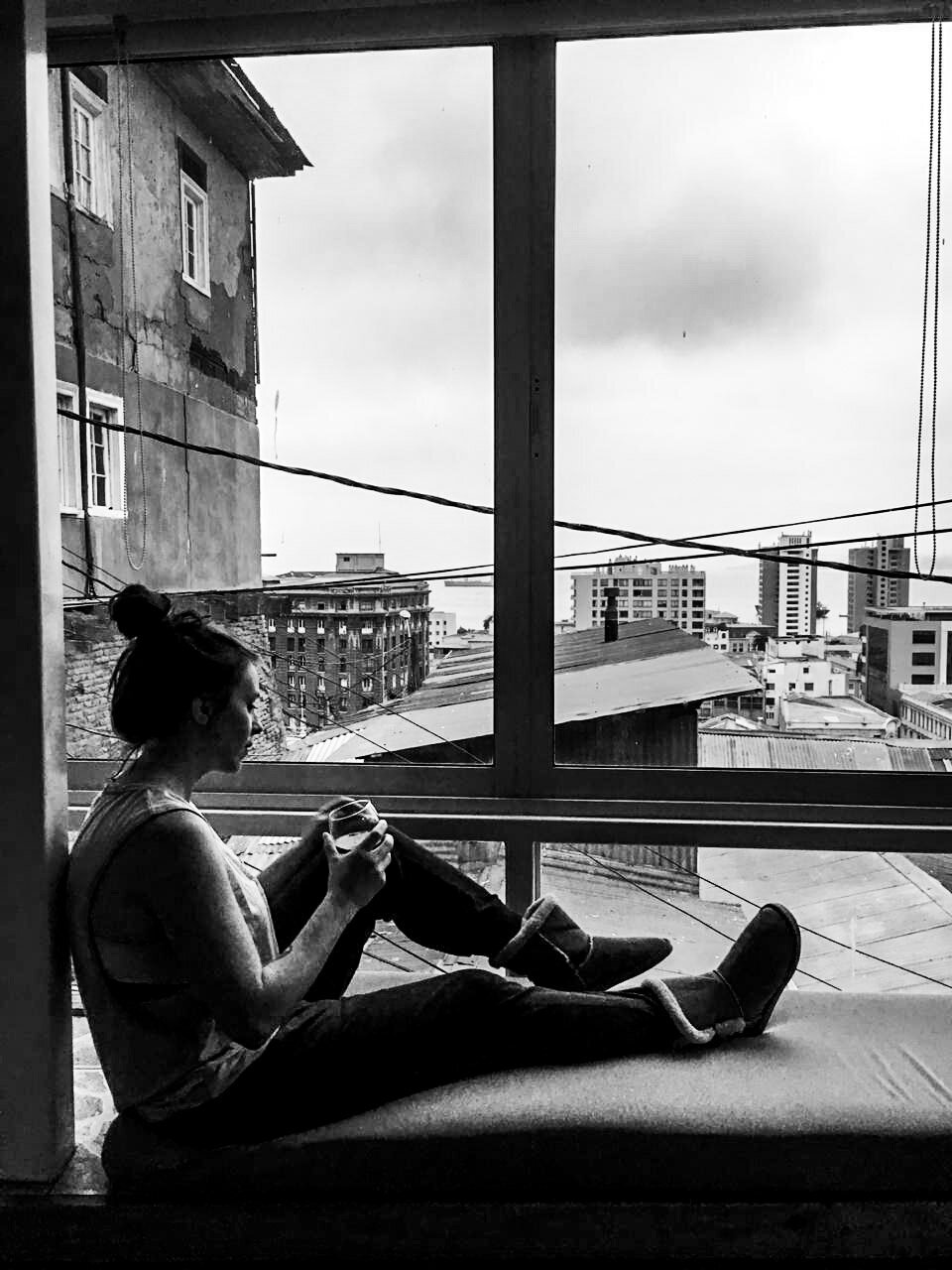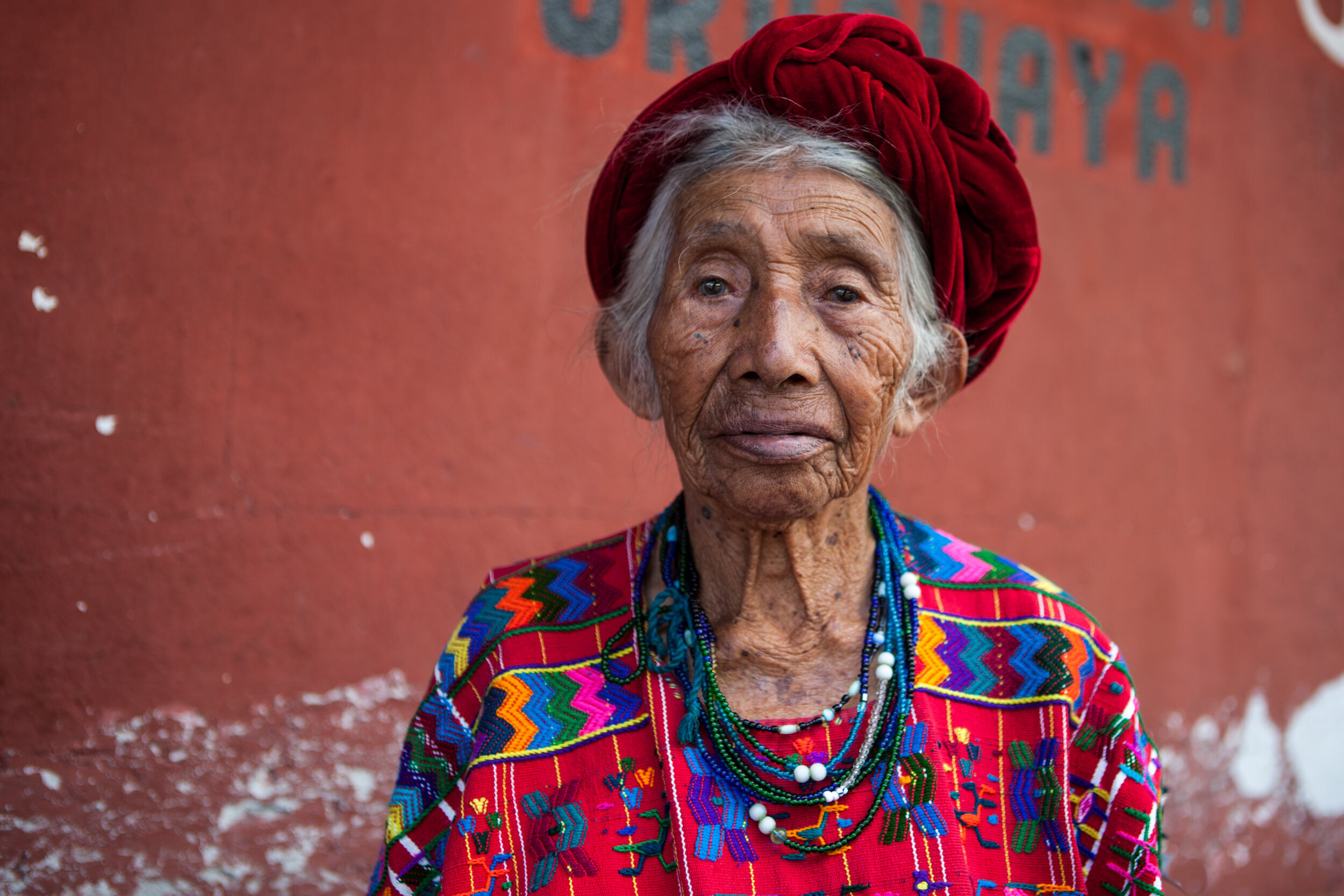Lockdown Lessons To Be Learnt From Latin America
Shall I stay or shall I go?
When the pandemic hit the proverbial fan, I had less than 48 hours to decide whether I should jump on a plane home or stay put and stick it out where I am here in Chile. A $5000 ticket home as a freelancer is just not doable, so sticking it out was the decision that was swiftly made for me.
While living through an international lockdown on the other side of the world and losing my main source of income isn’t exactly a scenario I would have chosen, it has definitely challenged me and got me feeling braver than I ever have in my entire life…and then I take a step back, look around and realise everyone else around me is braver than I am because they’ve never had any other damn option.
These are the top 6 ways I’ve been witnessing first-hand how Latinos are nailing it when it comes to the quarantine game.
1. Altruism
The number one lesson to be learnt here. It’s been an honour to witness it first-hand. If we don’t learn anything else, we should learn this.
This pandemic has really put the spotlight on our true nature — individually and collectively — and for those of us from first-world countries, it seems bad behaviour is a big part of it.
While I read reports of selfish shoppers fighting over toilet paper back home in Australia, here I walk out the door and witness altruism everywhere. The generous spraying of alcohol gel on strangers hands, the minimarket kids running groceries down to their elderly neighbours, and the community collectively deciding to only shop local in order to keep each other's small businesses alive (even if it costs them more).
When the Corona crisis hit Level 3 here in South America and I had to decide whether to stay or whether to go, a big factor that influenced my decision not to go home was the awful way in which we were treating each other during the crisis. I was dismayed, disappointed and embarrassed at Australians’ display of selfishness. Our privilege was getting the best of us and I really didn’t want to be a part of it.
Meanwhile, where I am here on the coast of central Chile, altruism is stronger than ever. Voluntary quarantine began weeks before the government even admitted Corona was a problem. The #mequedoencasa (#I’m staying home) hashtag was trending before social distancing was even a thing. What this signifies is that — straight up — they understood how important it was to not get others sick, and to do their part to help ebb the spread of the virus. It wasn’t because they wanted to stay home, it was because they knew everyone had to play their part for a better outcome. The mentality that quickly spread here was; ‘we know we may recover, but our elderly and vulnerable won’t. We can’t allow that to happen to them.’ There seems to be this unwritten acknowledgement that it’s everyone's duty to take care of society, and of each other, not just for their own sakes, but for the greater good. Of course, there are always outliers, but the difference here is that the collective voice of the common people calls out those who are not doing the done thing, those who are behaving poorly and putting us all at risk. And they call them out in a big way, right up until they back down.
Compare this to the first-world complaints of being bored and breaking social distancing rules because of our ‘desperate need to socialise’, the flocked beaches of Bondi Beach during the Australian pandemic peak or the current ‘protests against staying-at-home’ that are erupting across the US. A sort of entitled sense of ‘it’s our right to do what we want, you can’t tell me what to do’, rather than educating ourselves and attempting to understand how we can help others, our society and the bigger picture.
It goes without saying, our sense of altruism could definitely do with a makeover. It wouldn’t hurt to look to our Latin friends as a good example of altruism right about now.
2. Sense of community
Perhaps a big part of the altruism aspect is the underlying sense of community that exists here. Sure we may have a strong sense of community in our countries too, but not like in Latin America. Our communities usually come together because they want to, not because they need to. In times of need, we help each other out because we want to, not because we need to. Our governments and solid social systems will usually have our backs during hard times. Not in Latin America.
It’s no secret that there’s system failures and rife corruption across Latin America but what people may not realise is that this has only served to strengthen a structured sense of community, especially during the toughest of times. The mingling amongst wide open spaces, exchanging conversation of strangers in the streets and volunteer-organised community events serve to lighten the load and give an air of ‘we’re all in this together’. A true sense of community spirit.
In our neighbourhood alone, the summer has seen weekly open-air cinema nights on a public staircase, pop-up flea markets selling local produce and spontaneous pot-luck lunches in local plazas. While these initiatives have had to be placed on hold during the quarantine, the locals have found ways to keep the sense of community spirit alive. For example, I’m part of a vecinos (neighbours) Whatsapp group in which locals are connecting to exchange services, share their creative Corona hustles (see point 4), and offer help or encouragement any way they can.
The local minimarkets, fresh fruit and vegetable markets and independent bottle-shops are the big winners. Most of us don’t even go downtown or anyway near the supermarkets. It’s almost like stepping back in time, going old-school. It’s proving to be not such a bad thing during a pandemic. It’s definitely serving to help the sense of community to thrive even more than ever. That sense of reaching for someone’s hand and pulling them up out of the ditch.
3. Self-reliance
When you can’t rely on the system, you become self-reliant pretty damn quick. Losing your job is rough, but losing your job in a society where welfare doesn’t exist? Next-level rough.
While I watch people’s patience dwindle as the welfare lines grow longer back home, while I hear people complaining that they’re ‘missing out’, folks over here are already launching their independent backup plan – off the back of their week-to-week poverty-line pay-checks.
I’m not saying we don’t deserve government support, but perhaps we should all learn a little more self-reliance and start building our own backup plans so we can save ourselves. Wouldn’t it be a nice feeling knowing that when a crisis like this hits, there’s no need to stress because we’ve got solid back-up plan full of independent savings accounts, side hustles and strategies?
Latinos do it because they have to. We should do it because we can.
The concept of mojo money has never been more relevant than right now.
4. Resilience
Inevitably, resilience will always grow stronger where there is struggle. Fair to say, we’re probably all growing a bit more resilient right now. However, the Latinos definitely have a head start on us on this one.
Economic collapses, political oppression, systemic human rights abuses, corruption, debt crisis, dictatorships, social uprising, natural disasters… and then, Coronavirus. Latin America has a tainted history when it comes to the treatment of its people and its societal systems. Resilience has been in their blood for decades. This resilience rises to the surface even more so in the most troubling times such as now.
I learnt my own solid lesson of resilience when I landed in Latin America on my first one-way back in 2016. I would say the most influential way was seeing it unfold in everyday life in la vida porteña (the port life) while living in Valparaíso, Chile.
We’re all struggling our way through this crisis, one way or another, but resilience has an important role to play and we can definitely look to our Latino friends for a strong example of resilience.
5. Creative hustling
I have seen everything from home-baked bread to improvised face-masks to beer delivery to your door. The hustle never stops here, even amongst an international quarantine.
While we’re all complaining that our governments aren’t doing enough to help us, Latinos are already conjuring up their next creative hustle. They know perfectly well they can’t rely on their government to bail them out.
Bars, restaurants and local merchants have all had to close their doors during quarantine — not to mention the tourism industry is at an absolute halt — and yet, with basically zero government support, these creative business owners are managing to keep their businesses going and payrolls flowing. Not all of them, but a vast majority of them. I guess when your back’s up against the wall, you’re looking directly at your own hands. Pivoting — and pivoting fast — is the name of this game.
Along with a strong sense of community, creative hustling has been a huge factor in keeping the quarantine game strong amongst Latin American countries.
6. Sense of spirit
While the western world is hellbent on believing the world is ending, our Spanish-speaking friends in the south of the Americas seem to be significantly more optimistic, finding joy in the small things. As they always have. Perhaps it’s an after-effect of great oppression. Perhaps it ties in with their resilience and the need to survive frequent natural disasters, an unjust system and continuous corruption. It could also be that hot-blooded Latin passion running through their veins.
Whatever it is, it never ceases to amaze me how here in Latin America, the tiniest act of something humorous can provoke the biggest grin and infectious laughter. The good sense of indulging in a stranger’s joke, sharing a collective giggle at something random or taking a minute to slow down and appreciate the good things — no matter how small they may seem. It’s been a humbling experience — one I’ve definitely learnt from and we could all learn from.
While it’s likely Latin America will face a harsher fallout from the crisis than the western world (due to economic and political problems that already existed pre-pandemic), there is a lot to be learnt from its people, the way they have taken this crisis in their stride and carry on carrying on.
““Do not judge me by my success, judge me by how many times I fell down and got back up again.”






